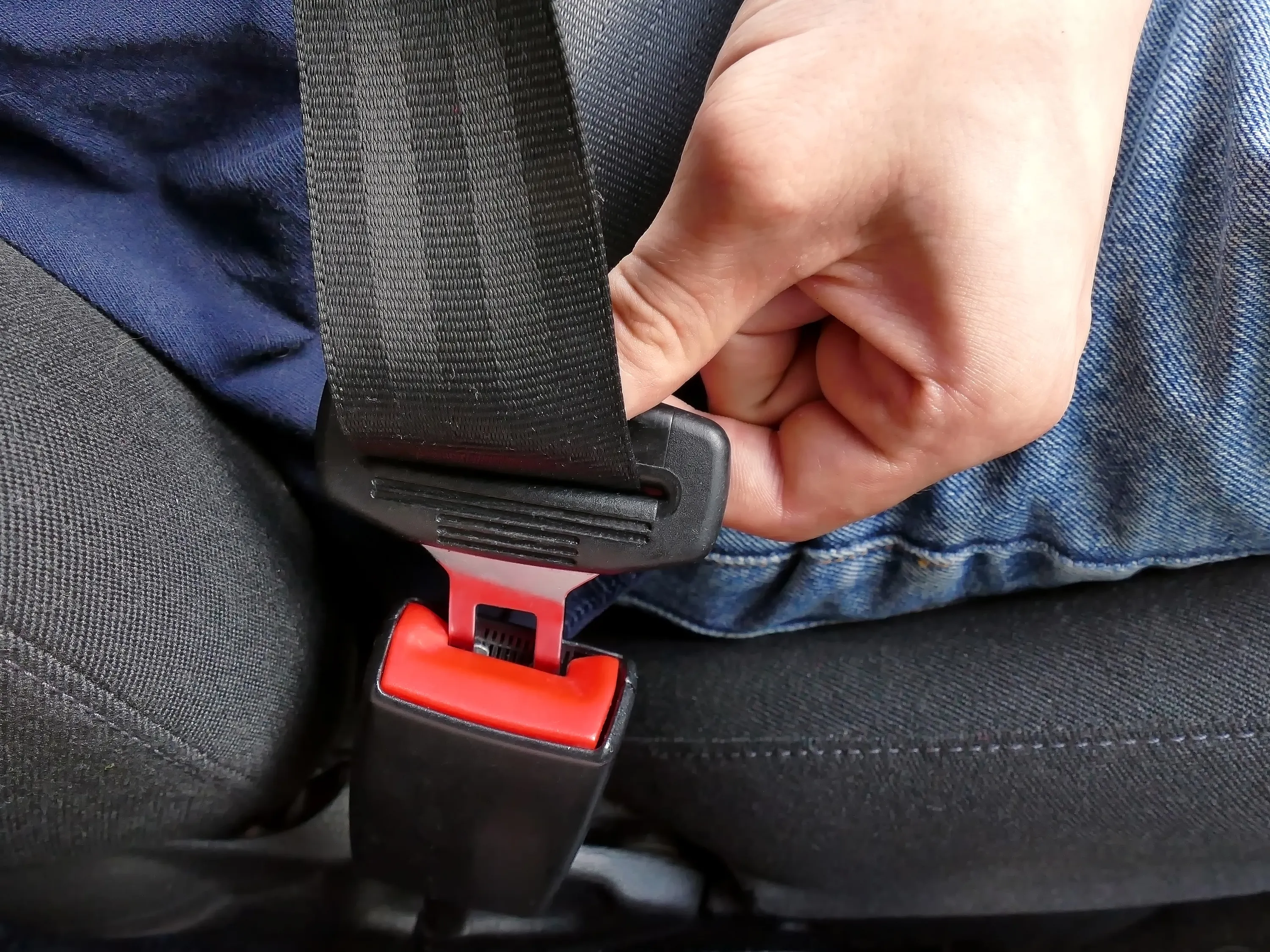
CSU Extension: are your kids learning valuable life skills?
Let me ask you parents out there some questions about your youth’s future. How certain are you that they will enroll and graduate from college? According to bls.gov, “69.7 percent of 2016 high school graduates enrolled in college in October 2016.” And, according to cappex.com, “the official four-year graduation rate for students attending public colleges and universities is 33.3%.”
The college years are a transition time for young adults to move from full dependence on Mom and Dad to living independently. Even so, will they know how to live effectively at the end of that education? And, if your child doesn’t attend college or drops out, how well-equipped is he or she to survive in the real world?
If your child has been fortunate enough to participate in 4-H programs the chances are better! But, if your child does not participate in 4-H, what programs in the schools encourage health and life skills? Sadly many Physical Education programs have been cut. And rarely do schools offer Family and Consumer Sciences anymore.
Family and Consumer Sciences (FCS) was the name change from Home Economics years ago. Seven areas of life skills covered in FCS classes include: food and nutrition/cooking; child development; community awareness; sewing and textiles; budgeting and financial wellness; home design and management; hygiene and health.
According to Annie Kin, author at ACHNews, “Students may leave the protective nest of thr nuclear family being able to solve f’x=x(2 In x+1), but may not know how to meet the basic needs of the baby that they are about to take care of in an unexpected pregnancy. College students strapped for time and cash are at the mercy of department store clothes and shopping rather than having the skills to mend a pair of holey jeans in five minutes. Stereotypes of ‘bachelor meals’ are enforced by males really and truly just not knowing how to prepare themselves delicious, healthy and nourishing meals.”
In an ideal world, kids would be learning these life skills at home. But the reality is that many children sit in front of a TV or iPad screen and their meals come from fast-food restaurants because both parents or single parents work and are ill-prepared to create healthy meals.
Are you willing to stand up for your children’s future and demand that schools bring back life skills education in the form of Family and Consumer Sciences?
















